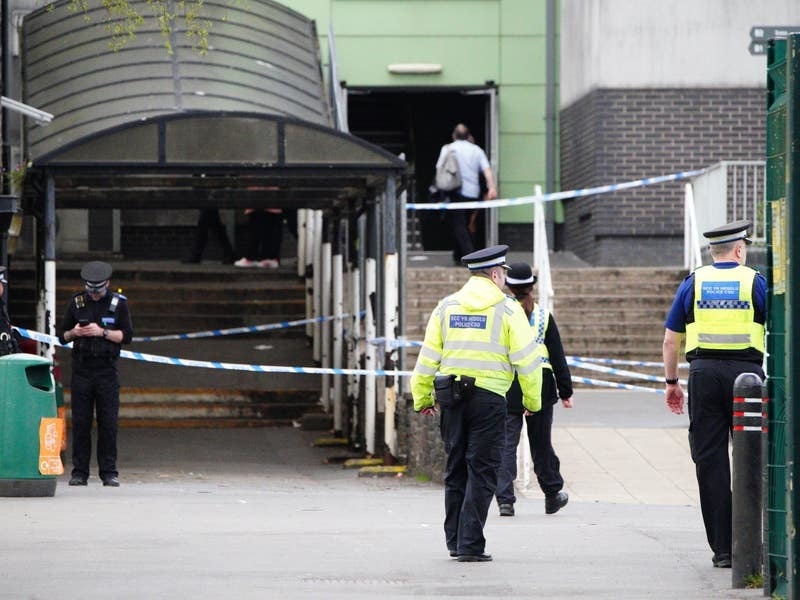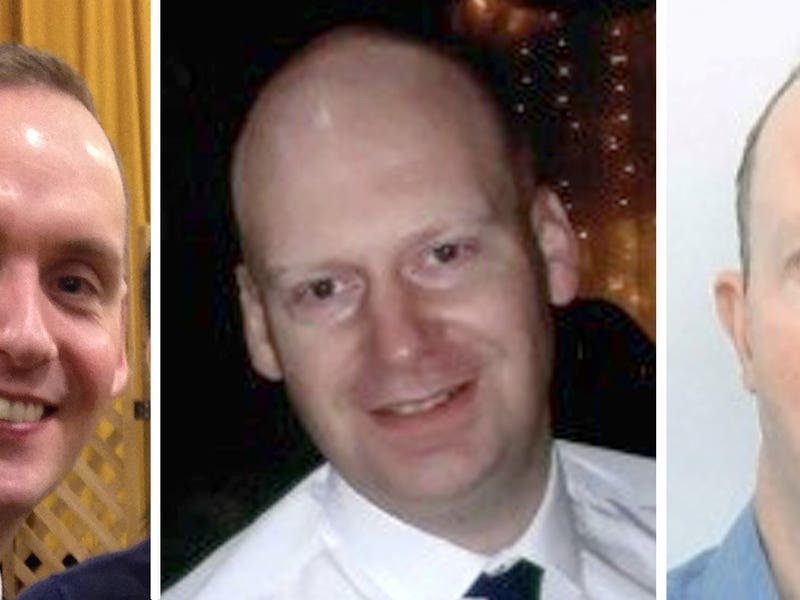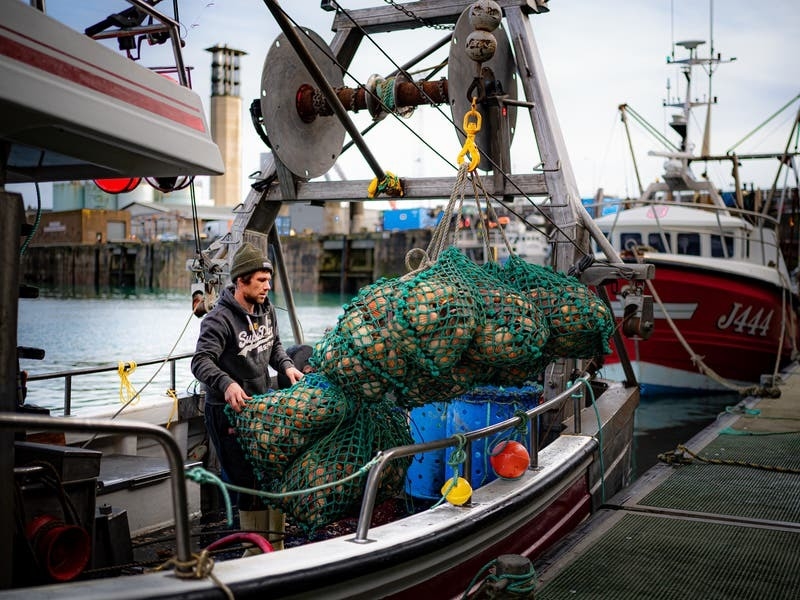St John Paul II knew about sexual abuse of children by priests under his authority and sought to conceal it when he was an archbishop in his native Poland, a television news report has alleged.
In a story which aired late on Monday, Polish channel TVN24 named three priests whom the future pope – then known as archbishop Karol Wojtyla – had moved among parishes or sent to a cloister during the 1970s, including one who was sent to Austria, after they were accused of abusing minors.
Two of the priests, Eugeniusz Surgent and Jozef Loranc, eventually served short prison terms for the abuse, TVN24 said its two-and-a-half-year investigation found.
Wojtyla served as archbishop of Krakow from 1964 to 1978, when he became pope John Paul II.

TVN24 quoted from documents of Poland’s communist-era secret security services, which sought to discredit the Catholic Church and had informers there.
The documents are held in the archives of the state National Remembrance Institute.
Journalist Marcin Gutowski also spoke to a number of victims and a man who said he told Wojtyla during the 1970s about the abuse by Surgent.
None of the priests were defrocked.
The TV channel also quoted from a letter that it said Wojtyla wrote to the archbishop of Vienna at the time, Franz Koenig, recommending a priest to his care.
Wojtyla did not say in the letter that Boleslaw Sadus had abused young boys, and he was made a parish priest in Austria.
Wojtyla kept in touch with Sadus after becoming pope.

The broadcast featured a journalist who has written about cases of priestly abuse in the Krakow diocese and who argued that Wojtyla reacted in line with Catholic Church procedures of the time.
The findings will gradually lead to a “deconstruction of the image of John Paul II that we have been using so far”, Dominican friar Pawel Guzynski said on TVN24 on Tuesday, noting that some people may not be prepared to cope with the new facts.
Mr Guzynski stressed, however, that “there is no equality sign between sainthood and total absence of mistakes, even crimes, in someone’s actions”.
The channel’s investigation has unleashed heated reactions in Poland, with some observers deriding it as an attempt by left-wing forces to destroy the memory of John Paul II and others demanding for the Catholic Church to reveal the truth.
Prime Minister Mateusz Morawiecki, a Catholic, tweeted a photo of John Paul II greeting a crowd in Poland and added the late pope’s motto of “do not be afraid” without any comment.
A Polish Jesuit priest, Krzysztof Madel, wrote on Twitter that the focus should be on the victims, who need the truth to be told.
An official at the ministry of education, Radoslaw Brzozka, said on Twitter that John Paul II’s reputation is under attack from people who want to eliminate Catholicism from Poland’s national identity.

His immediate successor, Benedict XVI, who had a much stricter stance and defrocked hundreds of abusive priests, was faulted by an independent report commissioned by the German Catholic Church for his handling of four cases while he was Munich bishop.
Accusations of failing to react to cases of abuse by priests in his native Argentina and in Chile, while bishop and then pontiff, have also been levelled at Pope Francis.
Commentators said the Catholic Church hierarchy has mostly sought to protect the image of the institution over the needs of victims.
The choice of Wojtyla for pope in 1978 energised Poland’s predominantly Catholic population to openly oppose the nation’s communist system and eventually topple it.
Until recently, the Catholic Church in Poland has played a significant role in the country’s public life.
Revelations about paedophile priests and the church’s close ties with the current right-wing government have depreciated its standing.






